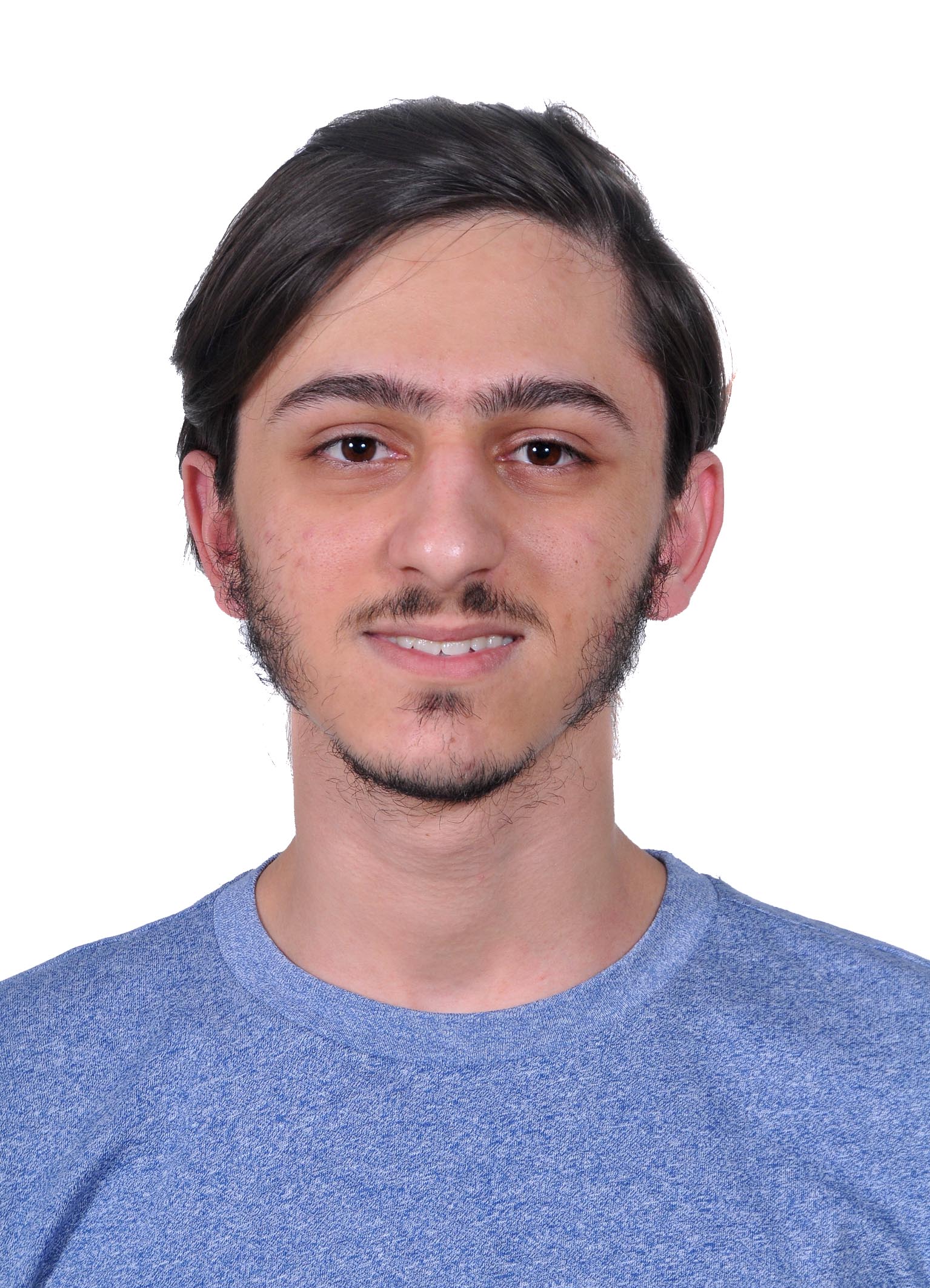PSTEUR INSTITUTE, PARIS CITÉ UNIVERSITY, Structural Microbiology Unity "Interaction network among de novo purine nucleotide biosynthesis enzymes in Escherichia coli."
FEBS J. doi: 10.1111/febs.16746.
Gedeon A, Karimova G, Ayoub N, Dairou J, Giai Gianetto Q, Vichier-Guerre S, Vidalain PO, Ladant D, Munier-Lehmann H.
Cv
Antoine Gedeon (27 y.o.) obtained a Ph.D. in Biochemistry under the supervision of Hélène Munier-Lehmann at the Institut Pasteur (Chemistry and Biocatalysis Unit, UMR CNRS 3523). The topic of his thesis was the study of two modes of regulation of de novo purine nucleotide biosynthesis in bacteria, the first being the allosteric regulation of a key-enzyme of the pathway, called inosine 5’-monophosphate dehydrogenase, and the second being the formation of an enzymatic megacomplex of all the enzymes of the pathway. Since December 2021, Antoine is a postdoctoral contractual research and teaching assistant (A.T.E.R.) at Université Paris Cité and Institut Pasteur (Structural Microbiology Unit, UMR CNRS 3525) where he is teaching molecular biology and genetics and also working on the conception of novel inhibitors of DNA gyrase, an enzyme of modulation of DNA topology, in Mycobacterium tuberculosis.
Contact
Antoine Gedeon
Institut Pasteur/Université Paris Cité, Unité de Microbiologie Structurale, 25 Rue du Docteur Roux, 75015, Paris, France
mail: This email address is being protected from spambots. You need JavaScript enabled to view it.
Summary of the article
In human cells, de novo purine nucleotide biosynthesis is known to be regulated through the formation of a metabolon called purinosome. Here, we employed a bacterial two-hybrid approach to characterize the protein–protein interactions network among the corresponding enzymes of Escherichia coli. Our study revealed a dense network of binary interactions that connect most purine nucleotide biosynthesis enzymes. Notably, PurK, an exclusive prokaryotic enzyme, appears as one of the central hubs of this network. We further showed that modifications in PurK, which disrupted several interactions in the network, affected the purine nucleotide pools and altered the bacterial fitness. Our data suggest that the bacterial de novo purine nucleotide biosynthesis enzymes can assemble in a supramolecular complex and that proper interactions among the components of this complex can contribute to bacterial fitness.




